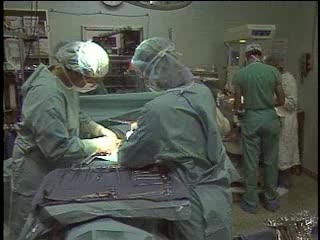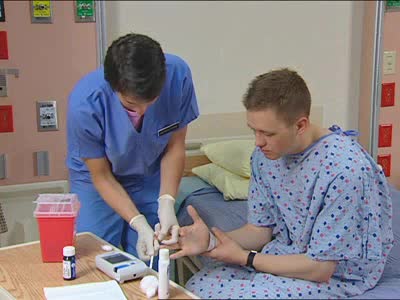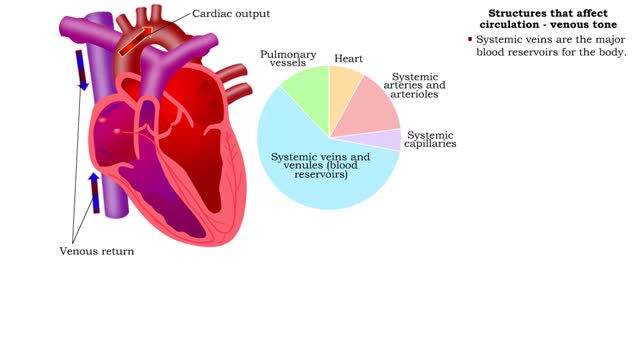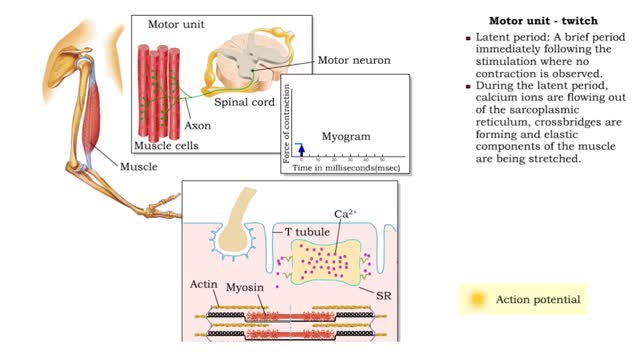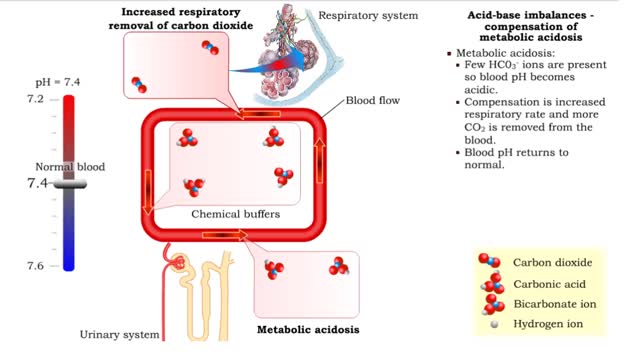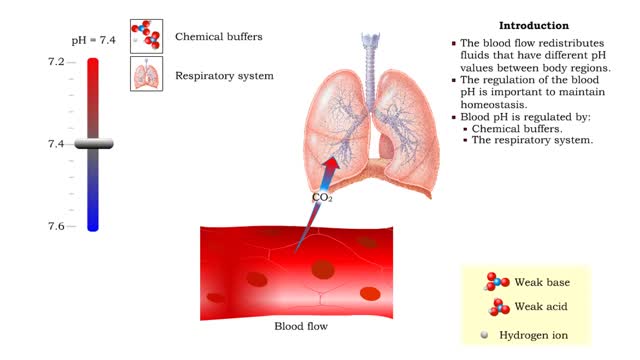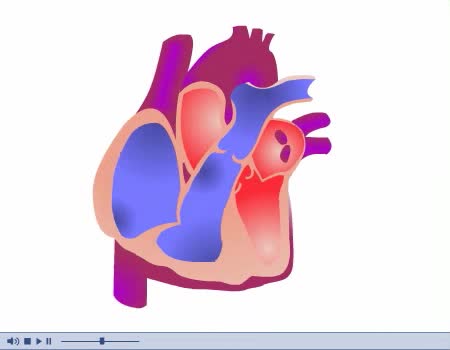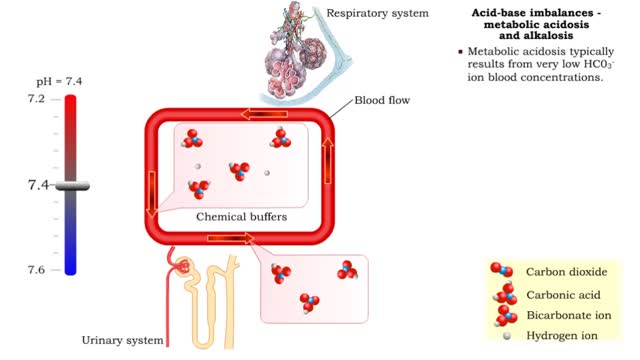Search Results
Results for: 'Blood hydrostatic pressure (BHP)'
Labor and Delivery - Placenta Cord
By: Administrator, Views: 469
Soon after a baby is conceived, a support system, comprised of the placenta and umbilical cord, begins to develop. These two structures are essential for sustaining a healthy pregnancy, explains Donald Davis, an obstetrician in Medicine Hat, Alta., and past president of the Society of Obstetricia...
By: Administrator, Views: 14350
Hb A1C Test Blood test used to: diagnose diabetes identify people at risk of developing diabetes monitor how well blood sugar levels are being controlled by the diabetic patient Fasting Blood Sugar (FBS) Test performed on blood to determine the level of sugar in the bloodstream. Also ref...
Structures that affect circulation - kidneys, blood volume and venous tone
By: HWC, Views: 11105
• Kidneys regulate blood volume and blood osmolarity via salt and water reabsorption. • Increased reabsorption increases blood volume and venous return (and CO). • Decreased reabsorption increases urine production, which decreases blood volume and venous return (and CO). • Systemi...
Muscle Twitch and Muscle Tension - Motor unit size and force
By: HWC, Views: 11294
• A motor unit is a group of muscle cells controlled by a single neuron. • A stimulus of sufficient intensity will cause all the cells in the motor unit to contract. • A single contraction, caused by a single action potential, is called a muscle twitch. • Latent period: A brief per...
Acid-base imbalances - compensation of metabolic acidosis and alkalosis
By: HWC, Views: 11253
1. Metabolic acidosis: • Few HC03- ions are present so blood pH becomes acidic. • Compensation is increased respiratory rate and more CO2 is removed from the blood. • Blood pH returns to normal. 2. Metabolic alkalosis: • Many HC03- ions are present so blood pH becomes alkaline...
Role of the respiratory system - effect of altered ventilation rates
By: HWC, Views: 10957
• Dissociation of the chemical substances in the body fluids can result in the production of free hydrogen ions. • The pH scale is used to measure the concentration of hydrogen ions in solution. • Normal blood pH values vary around 7.4. • When hydrogen ion concentration increases, t...
By: Administrator, Views: 14219
Diastole and systole are two phases of the cardiac cycle. They occur as the heart beats, pumping blood through a system of blood vessels that carry blood to every part of the body. Systole occurs when the heart contracts to pump blood out, and diastole occurs when the heart relaxes after contract...
Acid-base imbalances - compensation of respiratory acidosis and alkalosis
By: HWC, Views: 11302
• When one pH balancing system is affected then the other balancing system attempts to correct, or compensate for, the pH imbalance. - Respiratory acidosis: • Excessive CO2 is present so blood pH becomes acidic. • Compensation is increased secretion of H+ into urine and reabsorption ...
By: Administrator, Views: 14267
Carpal tunnel syndrome is numbness, tingling, weakness, and other problems in your hand because of pressure on the median nerve in your wrist. The median nerve and several tendons run from your forearm to your hand through a small space in your wrist called the carpal tunnel.
Advertisement



